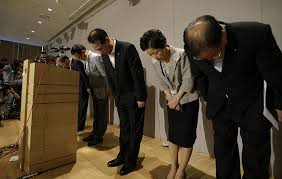By Michelle Kwon
At a 2013 Georgetown University dean’s symposium, former Minister of Trade Bark Tae-ho highlighted South Korea’s three trade-related goals: revitalize trade and exports with the United States, increase the number of free trade agreements South Korea enters into, and secure continued market competitiveness via foreign investments. This three-pronged approach provides Korea the increasing momentum to secure its position as a leader within the Asia Pacific, and pursue a greater, more aggressive trade policy agenda in the 21st century[1]; a successful conclusion and reception of the United States-Korea Free Trade Agreement (KORUS FTA) represents the first necessary step in helping Korea achieve its short-term and long-term goal. Continue reading




